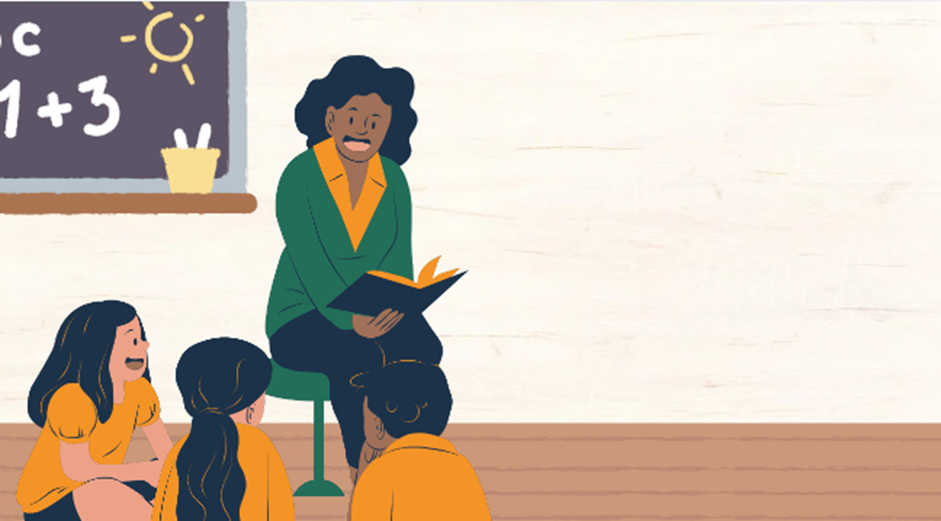Importance of Moral Education in Primary Schools
Moral education plays an important role in shaping the
character and values of young children, especially in primary schools. It helps
children develop a strong sense of right and wrong, empathy, respect for
others, and social responsibility. Introducing moral education at an early age
helps positive behaviour, builds emotional intelligence, and contributes to a
more harmonious society. In addition to academic skills, moral education
encourages qualities like honesty, kindness, and integrity, which are essential
for personal and professional growth. Parents and educators often seek schools
that prioritize these values. If you're looking for an institution that
emphasizes holistic development, Gurgaon best school combines
academic excellence with moral education to nurture well-rounded, responsible
individuals for the future.
Importance of Moral Education For Primary Students
Below are the importance of moral education for primary
students
Develops Character and Values
Moral education plays a crucial role in shaping a child's
character. By teaching young students values such as honesty, respect,
kindness, and responsibility, helps them build a strong moral foundation that
influences their actions and decisions throughout life. This foundation is
essential for developing responsible and compassionate individuals.
Encourages Social Responsibility
Teaching moral values in primary schools instils a sense of
social responsibility in children. It helps them understand the importance of
contributing positively to their communities and respecting others' rights and
feelings. This fosters a sense of duty towards society and encourages children
to act thoughtfully and ethically in social situations.
Promotes Emotional Intelligence
Moral education helps students develop emotional
intelligence, enabling them to manage their emotions, empathize with others,
and make thoughtful decisions. By learning about empathy, compassion, and
conflict resolution, children are better equipped to navigate interpersonal
relationships and handle challenging situations.
Reduces Behavioral Issues
Incorporating moral education into the curriculum can
significantly reduce behavioural problems in schools. When children understand
the importance of good behaviour and the consequences of negative actions, they
are more likely to make ethical choices and develop self-discipline, leading to
fewer instances of bullying or misconduct.
Fosters Respect and Tolerance
Moral education teaches children to respect differences,
whether based on culture, religion, or background. This promotes tolerance,
inclusivity, and peaceful coexistence. As children learn to appreciate
diversity, they become more open-minded and develop the ability to collaborate
effectively with others, fostering a positive and harmonious school
environment.
Builds a Stronger Society
When primary schools integrate moral education into their
curriculum, they contribute to creating a more ethical and cohesive society.
Children who grow up with strong moral values are more likely to become
responsible adults who contribute positively to their communities, ensuring
long-term social harmony and progress.
Conclusion
Moral education in primary schools is essential for
nurturing well-rounded individuals who possess strong character, emotional
intelligence, and social responsibility. By instilling values such as empathy,
respect, and integrity, moral education helps children develop a positive
outlook on life and prepares them to be responsible citizens. It also creates a
supportive and respectful school environment, reducing behavioural issues and
promoting inclusivity. Institutions that prioritize moral education, such as the HDFC School,
provide students with the best education, focusing not just on academic
excellence but also on character development. With a balanced approach to
learning, these schools ensure that children are equipped with the tools they
need to succeed both personally and professionally, making them responsible and
compassionate individuals in society.













Comments
Post a Comment